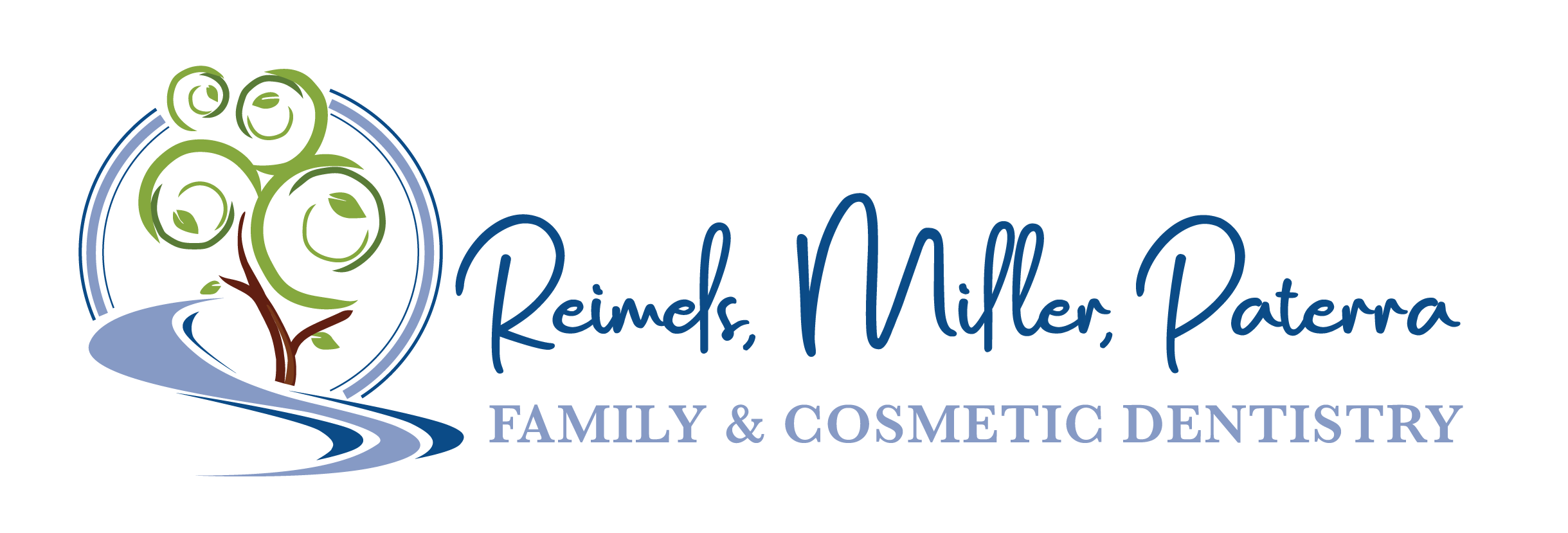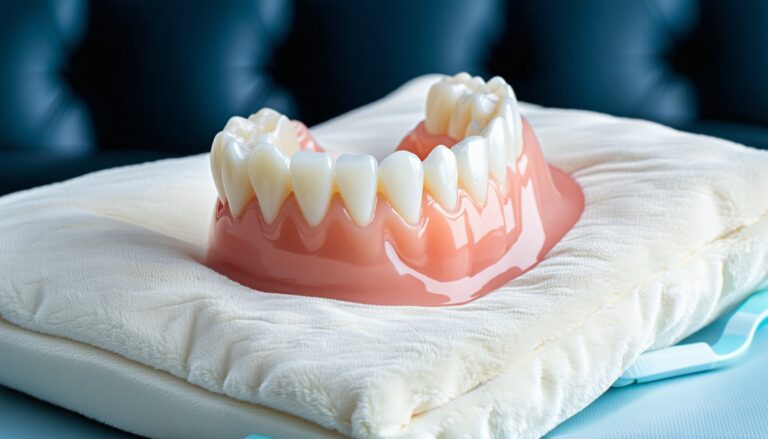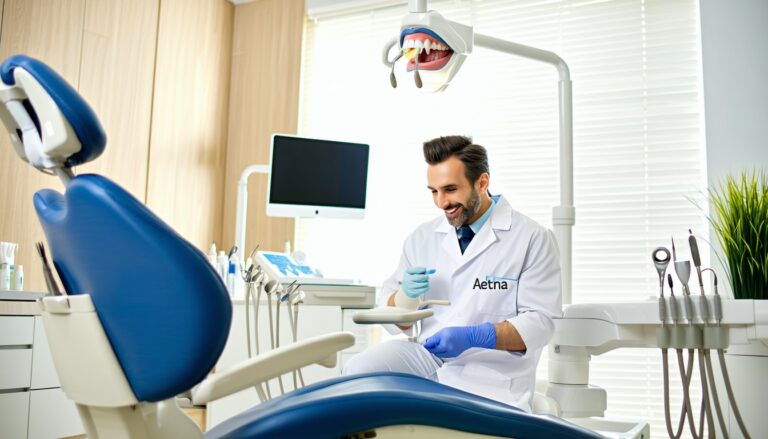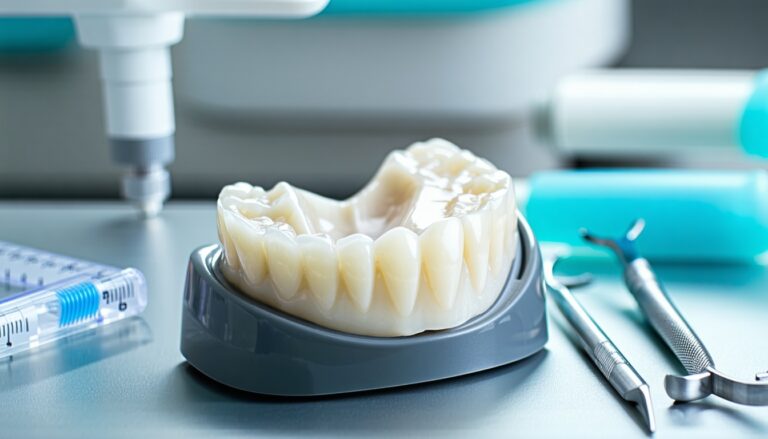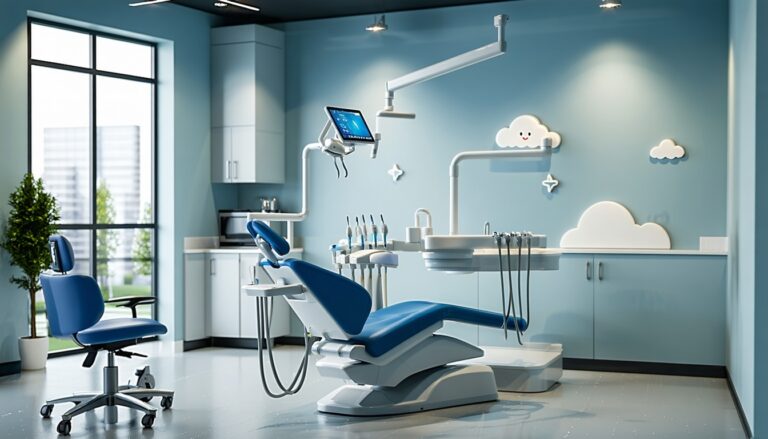Comprehensive Dental Services Overview
Premium Services Offered
In Huntersville, NC, you can find a dental practice that caters to your every dental need, from basic care to advanced treatments. The dental practice offers a wide range of premium services aimed at addressing both aesthetic and restorative dental health needs. These services include:
- Cosmetic Dentistry: Veneers, bonding, and teeth whitening to help you achieve the perfect smile.
- Restorative Dentistry: Dental implants, crowns, and bridges to restore the function and appearance of your teeth.
- Orthodontics: Treatments such as braces and Invisalign to correct misaligned teeth and improve your bite.
- Periodontics: Gum disease treatments to maintain your oral health.
- Endodontics: Root canal therapy to save infected or damaged teeth.
- Prosthodontics: Dentures and other prosthetic solutions for tooth replacement.
- TMJ and Sleep Apnea Treatments: Treatments for TMJ disorders and sleep apnea.
The practice stays updated with the latest technology and techniques to ensure you receive the best care possible.
| Service Type | Description |
|---|---|
| Cosmetic Dentistry | Veneers, bonding, teeth whitening |
| Restorative Dentistry | Dental implants, crowns, bridges |
| Orthodontics | Braces, Invisalign |
| Periodontics | Gum disease treatment |
| Endodontics | Root canal therapy |
| Prosthodontics | Dentures, prosthetic solutions |
| TMJ & Sleep Apnea | TMJ disorder treatment, sleep apnea therapy |
Trusted Dental Practice in Huntersville
Finding a trusted dental practice in Huntersville means choosing a provider that offers comprehensive services under one roof. At our recommended dental practice, you can expect:
- Experienced Professionals: Highly qualified and experienced dentists who are board-certified.
- State-of-the-Art Facility: A modern facility equipped with the latest technology.
- Comprehensive Insurance Coverage: Acceptance of major insurance plans, including BCBS, MetLife, Delta Dental, and more (see BCBS dentist for TMJ treatment).
- Patient-Centric Approach: A focus on minimally invasive treatments and personalized care plans.
- Specialized Care: Includes advanced treatments such as custom night guards for TMD, oral appliances for sleep apnea, and more.
When selecting a dental specialist for sleep apnea treatment, you want a practice that not only specializes in dental care but also understands the complexity of conditions like sleep apnea and TMJ. The dental practice collaborates with the American Academy of Dental Sleep Medicine to ensure the highest standards in treatment.
To learn more about sleep apnea treatment options, see our section on Personalized Oral Appliance Therapy and explore other related services offered at this esteemed practice in Huntersville.
Understanding Sleep Apnea
Sleep apnea affects an estimated 25 million American adults, with approximately 80% of sufferers remaining undiagnosed (University General Dentists). Recognizing the impact of sleep apnea on overall health and identifying its symptoms can be crucial steps towards effective treatment.
Impact on Overall Health
Sleep apnea, particularly Obstructive Sleep Apnea (OSA), significantly impacts overall health. OSA is the most common form, accounting for over 80% of cases in the U.S.. The condition leads to numerous health issues, including:
- Cardiovascular problems: Sleep apnea can cause or exacerbate hypertension, heart attacks, and heart arrhythmias.
- Stroke: The risk of stroke increases with untreated sleep apnea.
- Daytime fatigue: Constant interruptions in sleep result in chronic fatigue, affecting daily functioning.
- Cognitive dysfunction: Issues with memory, attention, and overall mental performance are common.
- Depressive symptoms: Mood disturbances, anxiety, and depression are frequently observed in individuals with undiagnosed sleep apnea.
Given these serious health implications, early detection by a dental specialist is crucial for management and prevention.
Recognizing Sleep Apnea Symptoms
Understanding the symptoms of sleep apnea is vital for early diagnosis and treatment. The most common symptoms include:
- Loud snoring: A prevalent sign, often noticed by partners.
- Breathing interruptions during sleep: Periods where breathing completely stops, followed by gasping or choking.
- Morning headaches: Regular morning headaches are common in individuals with sleep apnea.
- Excessive daytime sleepiness: Unexplained fatigue and drowsiness throughout the day.
- Listlessness: A general feeling of low energy and lack of motivation.
- Cognitive difficulties: Problems with memory, concentration, and decision-making.
- Depressive symptoms: Mood swings, irritability, and depression.
The prevalence of OSA in the adult population is reported to be as high as 40%. Dental professionals can play a vital role in identifying these symptoms early and referring patients for further diagnostic procedures.
For more information on comprehensive dental care and sleep apnea treatment in Huntersville, explore oral appliance therapy for sleep apnea with insurance and bcbs-approved dental appliance for sleep apnea.
Recognizing the signs of sleep apnea and understanding its impact on health underscores the importance of partnering with a qualified sleep apnea dental specialist who can provide comprehensive, effective treatment options.
Importance of Dental Professionals
Understanding the critical role that dental professionals play in sleep apnea management can significantly impact your overall health.
Early Detection of Sleep Apnea
Sleep apnea often goes undiagnosed because its symptoms can be subtle and are frequently mistaken for other issues. However, dentists are in a prime position to identify early signs. The most common form of sleep apnea involves the soft tissues in the mouth, which makes dental observation essential in spotting the condition early on (University General Dentists). Symptoms such as fogginess and fatigue, often attributed to poor sleep, can be linked to sleep apnea. Dentists can help in identifying these through routine dental health checks.
Factors for Obstructive Sleep Apnea (OSA):
| Factors | Percentage of Cases |
|---|---|
| Dental Malformations | Significant |
| Sinus and Allergy Issues | Significant |
| Obesity | Significant (over 80% cases of OSA) |
Obstructive Sleep Apnea (OSA) is the most common form of sleep apnea in the U.S., accounting for over 80% of cases. The causes of OSA can range from dental malformations to sinus and allergy issues, and obesity (University General Dentists).
The Role of Dentists in Sleep Apnea Treatment
Dentists are integral in treating sleep apnea, especially through the provision of oral appliance therapy (OAT), a popular alternative to continuous positive airway pressure (CPAP) machines. Specialized dental appliances can correct obstructed airways, thereby helping patients with OSA achieve restful sleep. This treatment option is often recommended for patients who find CPAP machines uncomfortable.
Dental professionals trained by the American Academy of Dental Sleep Medicine (AADSM) are equipped to tailor treatments specific to your condition. They can create custom oral appliances that are both effective and comfortable.
Despite the significant role that dentists play, referrals for diagnostic procedures and follow-up treatments for OSA are not always made during dental check-ups, leading to many undiagnosed cases. This is an important reason to consult a dental specialist who is well-versed in sleep apnea treatments and is part of networks such as BCBS-approved dental appliance for sleep apnea.
For those covered by insurance plans like Blue Cross Blue Shield (BCBS), finding a sleep apnea dental specialist with BCBS can ensure that you receive optimal care while maintaining your insurance benefits. Additionally, ensuring that the dentist you select is trained and accredited can increase the efficacy and safety of your treatment.
Learn more about comprehensive dental services and the benefits of working with accredited specialists who offer personalized oral appliance therapy for sleep apnea.
Treatment Options for Sleep Apnea
For patients with sleep apnea, several treatment methods can address the condition effectively. Here, we explore three primary options: Oral Appliance Therapy (OAT), Continuous Positive Airway Pressure (CPAP), and surgery combined with behavioral modifications.
Oral Appliance Therapy (OAT)
Oral Appliance Therapy (OAT) involves the use of custom-fitted dental devices to keep the airway open during sleep. These devices are typically recommended for mild to moderate obstructive sleep apnea (OSA) and for individuals who cannot tolerate CPAP.
| Feature | Benefit |
|---|---|
| Custom-Fit | The device is tailored to the patient’s mouth for maximum comfort and effectiveness. |
| Portability | Easier to travel with compared to CPAP machines. |
| Non-Invasive | Involves wearing a mouthpiece without surgical intervention. |
Oral appliances can help maintain an open airway by repositioning the jaw or holding the tongue in place. To learn more about how these devices work, visit our page on oral appliance therapy for sleep apnea with insurance.
Continuous Positive Airway Pressure (CPAP)
CPAP therapy is the most common treatment for moderate to severe OSA. It uses a machine to provide a continuous flow of air through a mask, keeping the airway open.
| Feature | Benefit |
|---|---|
| High Efficacy | Proven to be highly effective in treating OSA. |
| Adjustable Settings | Allows for customization of air pressure levels. |
| Monitoring | Some devices offer data tracking to monitor treatment effectiveness. |
Despite its effectiveness, many patients struggle with long-term adherence due to discomfort or inconvenience. For more information on alternatives and insurance coverage, check out oral sleep appliance for cpap alternative covered.
Surgery and Behavioral Modification
Surgical options are generally reserved for severe cases of sleep apnea or when other treatments have failed. Procedures may include removing excess tissue from the throat, repositioning the jaw, or implanting devices to stimulate the airway muscles.
Behavioral modifications can also play a crucial role in managing sleep apnea. These might include weight loss, changing sleep positions, and avoiding alcohol and sedatives.
| Surgical Options | Behavioral Modifications |
|---|---|
| Tissue Removal | Weight Loss |
| Jaw Repositioning | Positional Therapy |
| Airway Stimulation | Avoiding Alcohol and Sedatives |
Combining surgery with lifestyle changes can significantly improve sleep apnea outcomes. For a comprehensive guideline on managing sleep disorders, explore sleep-disordered breathing dental treatment with coverage.
By understanding and considering these treatment options, you can make an informed choice in collaboration with your sleep apnea dental specialist covered by BCBS. For further information on personalized therapies, visit bcbs-approved dental appliance for sleep apnea.
Finding a Qualified Sleep Apnea Dentist
Searching for a skilled sleep apnea dentist who accepts BCBS coverage can be daunting. To ensure quality treatment, consider these important factors.
American Academy of Dental Sleep Medicine
The American Academy of Dental Sleep Medicine (AADSM) is a leading organization that trains and educates dentists in the treatment of obstructive sleep apnea (OSA). Their certification is a mark of excellence in the field. The AADSM hosts a comprehensive directory of practitioners specialized in dental sleep medicine, making it easier to find a qualified provider in your area.
Board-Certified Dentists
It’s crucial to select a board-certified dentist certified by the American Board of Dental Sleep Medicine (ABDSM) for treating sleep apnea. These professionals are required to complete rigorous training and pass a written exam to achieve Diplomate status, the highest credential in dental sleep medicine (TMJ & Sleep Solutions). This certification ensures the dentist is adequately knowledgeable and skilled in providing effective oral appliance therapy (OAT).
Credentials and Training
When choosing a sleep apnea specialist, consider their educational background, clinical experience, and specific training in sleep medicine. Lack of knowledge or confidence can hinder a dentist’s ability to diagnose and treat OSA effectively (NCBI). Ensure the dentist you choose has completed relevant courses and stays updated on the latest advancements in dental sleep medicine.
For additional guidance on TMJ and related treatments, refer to these linked articles:
- tmj disorder treatment covered by aetna
- tmd therapy with blue cross blue shield insurance
- in-network tmj dentist for jaw pain
| Credential | Importance |
|---|---|
| AADSM Membership | Ensures up-to-date knowledge and adherence to professional standards. |
| ABDSM Board Certification | Validates extensive training and expertise in sleep medicine. |
| Continual Education | Keeps the practitioner informed on the latest treatment methods. |
| Clinical Experience | Enhances practical skills and patient care outcomes. |
For a tailor-made approach to your sleep apnea treatment, customized oral appliances crafted by AADSM/ABDSM-certified specialists can make a significant difference in managing your condition effectively.
By focusing on these key factors, you ensure that you receive comprehensive, high-quality care from a trusted provider, helping you manage your sleep apnea with confidence. For more details on related topics and treatments, explore our articles on oral appliance therapy for sleep apnea with insurance and bcbs-approved dental appliance for sleep apnea.
Personalized Oral Appliance Therapy
For those struggling with obstructive sleep apnea (OSA), personalized oral appliance therapy (OAT) can be an effective and less intrusive alternative to continuous positive airway pressure (CPAP). Let’s delve into the components and benefits of this treatment.
Customized Oral Appliances
Customized oral appliances are pivotal in treating sleep apnea. These devices are tailor-made to fit your mouth and are designed to keep your airway open during sleep. The process usually starts with a comprehensive dental assessment, followed by the creation of an impression of your teeth. This impression is then used to fabricate an appliance that adapts perfectly to your oral structure (TMJ & Sleep Solutions).
The usability and comfort of these devices make them a popular choice. They are less cumbersome than CPAP machines and are highly portable, making them an excellent option for individuals who travel frequently.
| Aspect | Features |
|---|---|
| Custom Fit | Tailored to individual oral structure |
| Comfort | Less intrusive than CPAP |
| Portability | Easy to travel with |
| Efficiency | Repositions jaw to prevent airway obstruction |
Effectiveness of Oral Appliance Therapy
The effectiveness of OAT depends on several factors, including the severity of the sleep apnea and the precision of the fit of the appliance. Studies have shown that about 7% of adults have moderate or severe OSA, with another 20% experiencing mild OSA (Blue Cross Blue Shield NC).
Oral appliances work by repositioning the jaw and tongue to keep the airway unobstructed. They are particularly beneficial for those with mild to moderate sleep apnea or those who find CPAP machines discomforting. With consistent use and proper adjustments by a specialist, oral appliances can effectively reduce symptoms such as snoring, daytime sleepiness, and cognitive dysfunction.
Benefits of Working with Accredited Specialists
When seeking treatment for sleep apnea, it’s crucial to work with an accredited specialist. The American Academy of Dental Sleep Medicine (AADSM) certifies dentists who are trained in OAT, ensuring they adhere to high standards of practice (American Academy of Dental Sleep Medicine).
Accredited specialists provide several advantages, including:
- Expertise: They have undergone extensive training in diagnosing and treating OSA.
- Customized Treatment Plans: They can create a tailored treatment plan based on your specific needs and the severity of your condition.
- Follow-Up Care: Accredited specialists offer ongoing monitoring and adjustments to ensure the oral appliance remains effective.
- Insurance Navigation: They can assist you in understanding and utilizing your dental insurance, including plans such as BCBS, for OAT. For more information on insurance coverage, refer to oral appliance therapy for sleep apnea with insurance.
The benefits of undergoing treatment with a certified professional underscore the importance of selecting the right dental specialist, especially when using bcbs-approved dental appliance for sleep apnea.
For more detailed insights into choosing the right specialist and understanding the credentials and training required, consider visiting our section on finding a qualified sleep apnea dentist.
